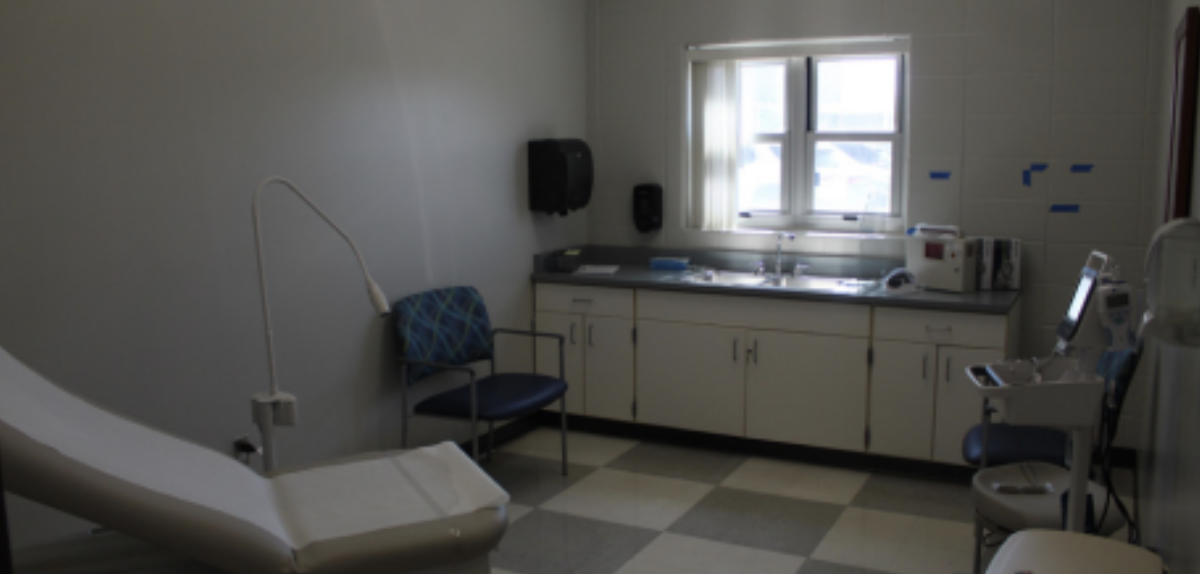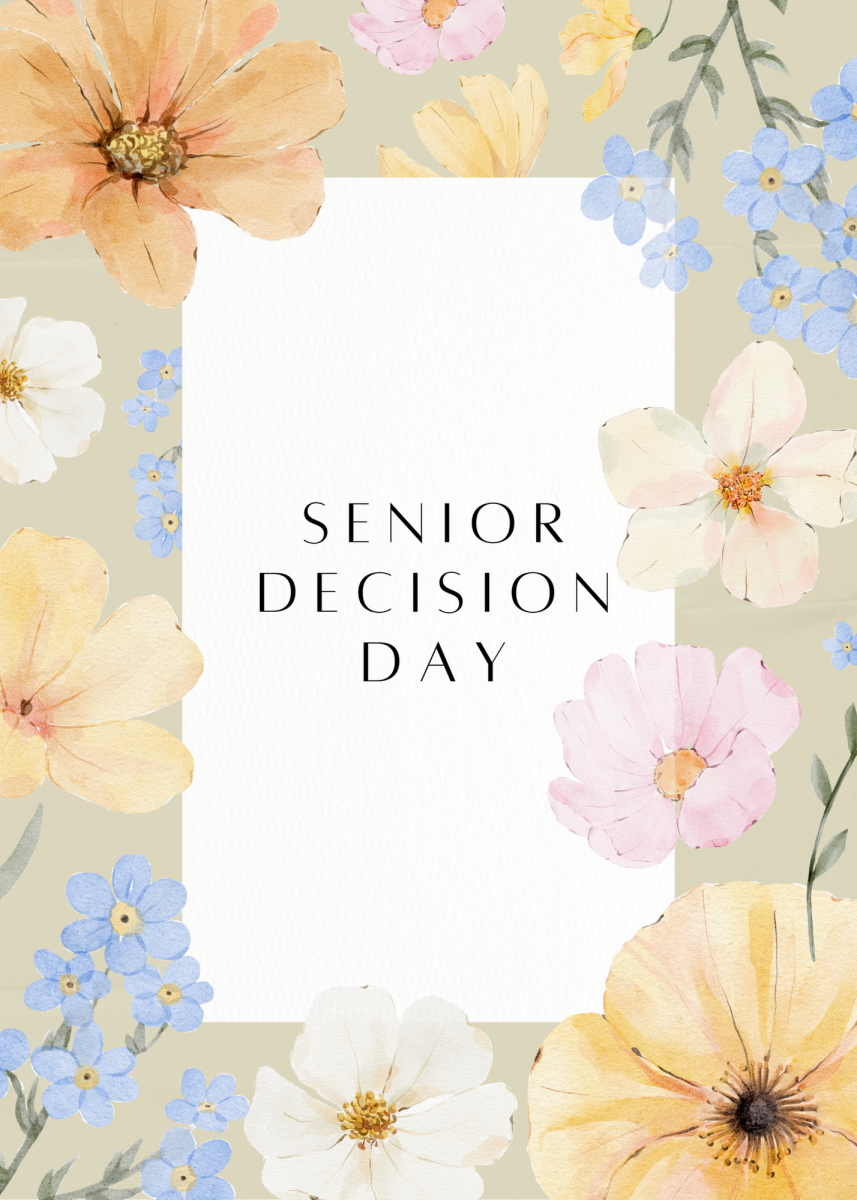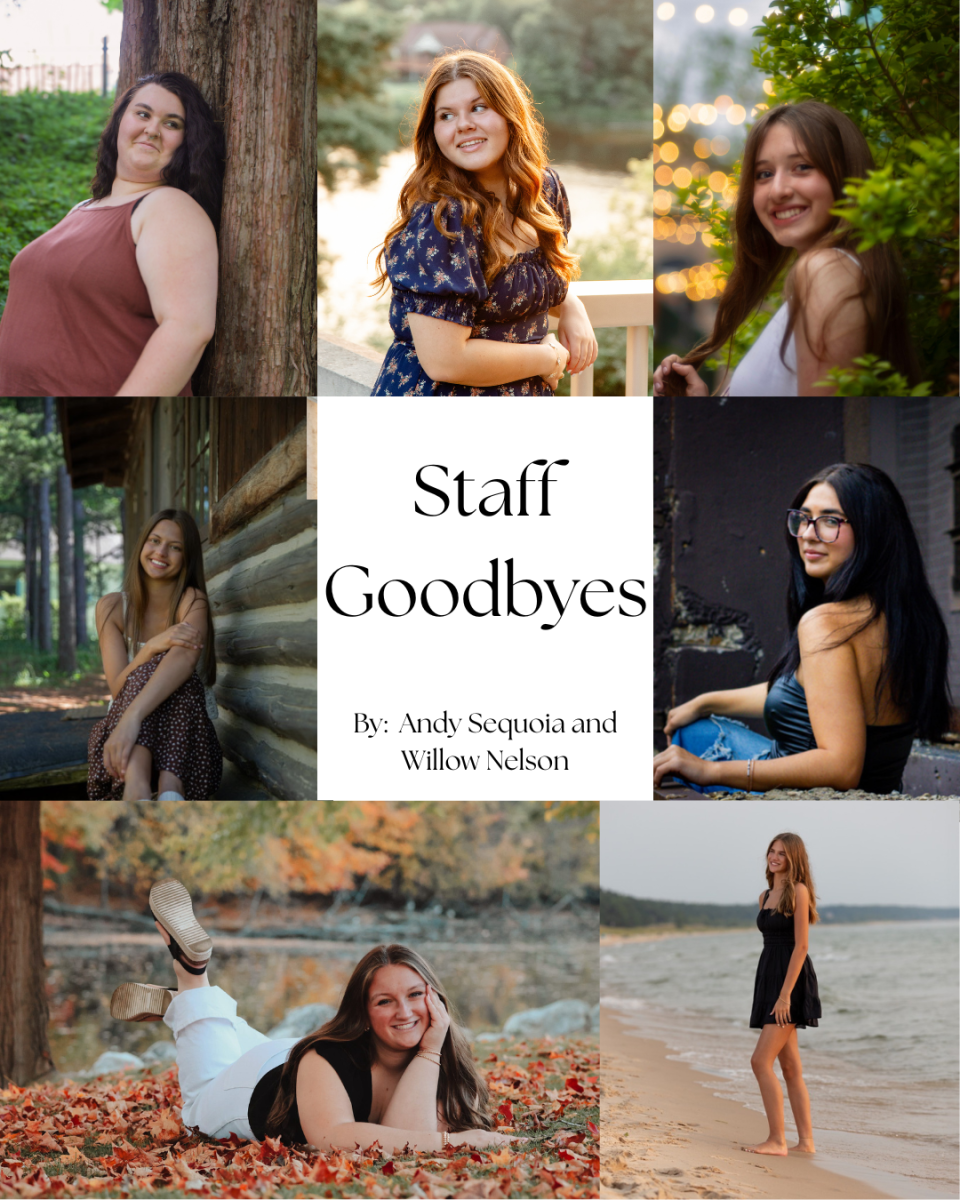For the past year, meetings, planning, and construction for the transformation of room 118 to a school-based health center have been taking place. As of April 8th, the center is officially open to anyone ages 5-21, or 26 with an IEP. This new addition hopes to bring more accessible healthcare to a community that has been a ‘dry spot’ for health services. “Having a school-based health clinic for youth really opens up and gives access to youth and especially marginalized communities,” Juan Castillo, the district’s mental health and wellness supervisor, explained. “Your child is sick, just provide the consent, and kids can just walk down the hall, it’s open for everyone.”
Consent forms, previously sent out during C3 classes, must be filled out to take advantage of all services the health center has to offer. The forms can now be found on the GLPS website. “We need consent forms back. That’s huge because how many students do we have? 1600, plus all the other elementary schools, middle school, intermediate school,” Aadhi Sudhakar, a member of the student advisory committee for the health center, said. The health center allows for a few, specifically listed, services that can be performed without the forms, but the majority of services from the health center need parental consent. Once the forms are signed, student privacy is ensured as would be the case in any doctor’s office. “We want to think about it like a doctor’s office just in Grand Ledge High School. So if you went and saw your family doctor, you can expect the same privacy and level of communication as you would if you were at your family doctor,” Bill Barnes, the district’s superintendent, asserted. Although students may choose to seek some care privately, there are other times they may want parental support. In these cases, parents may meet their child at the door to the center at the time of their appointments. “It does not have to be just you, we encourage parents to be involved so they know what’s going on,” Colleen Simon, the center’s physician assistant, said.
The in-school access for students has been a main reason these centers are being funded. Students won’t have to miss as much school for an appointment, and parents won’t have to delay an appointment around their work schedule, allowing students to access the care they need, when they need it. “There is an appointment process that is approved by the high school, and if you need to go during school hours you’ll get an excused absence from the school, so you can walk right down there,” Landon Birchmeier, a member of the student advisory committee for the center, explained. “Even if you need transport from Hayes or any other elementary school, that will also be available.”
One of the resources students can take advantage of through the center’s open access is sports physicals. If you’ve ever played, or had a child play, a sport before, it’s no secret how difficult it can be to find the time to take care of this daunting task. The in-school center provides the easy access necessary to make it more accessible. “Physicals are often one of those things that are problematic, so ideally when coach finds out that you haven’t turned in your physical, so now you can’t practice, we can get you down to the health center to have your physical taken care of in a more timely fashion then having to schedule something, or paying an urgent care copay,” John Ellsworth, the district’s director of communications, said. The openness of the health center has also brought up some security concerns, as it is another entrance open during school hours. However, it has been specifically designed to separate the center from the rest of the school. “There’s a door that goes out to the baseball field so that the public, or students from any other school, can come in,” Ellsworth said. “It has the camera and buzzer that has the same interaction as other entrances. Then the interior entrance is secured in the same manner.” The center also creates greater healthcare accessibility for students who do not have adequate health insurance. No one will be turned away due to not having insurance or not being able to pay a copay. “We can take insurance information, and bill insurance, but if someone can’t pay, we’re still going to see them,” Tammy Merrit, the center’s manager, offered. “We’re going to help try to get people set up with Medicaid if that’s gonna help, but we will see the people who need to be seen.” So, whether you’re a student due for a check-up, think you’re coming down with a cold, in need of a physical, struggling with anxiety, wondering about a reproductive health concern, or any other medical ailment, wander on in. “It’s meant for you as students. So walk in and have a conversation with staff, ask them any questions you have, have your parent’s call and ask questions,” Barnes said. “The idea is that it is a service that can fulfill a need for students who may have it, so we want people to feel as comfortable as possible utilizing that service.”






